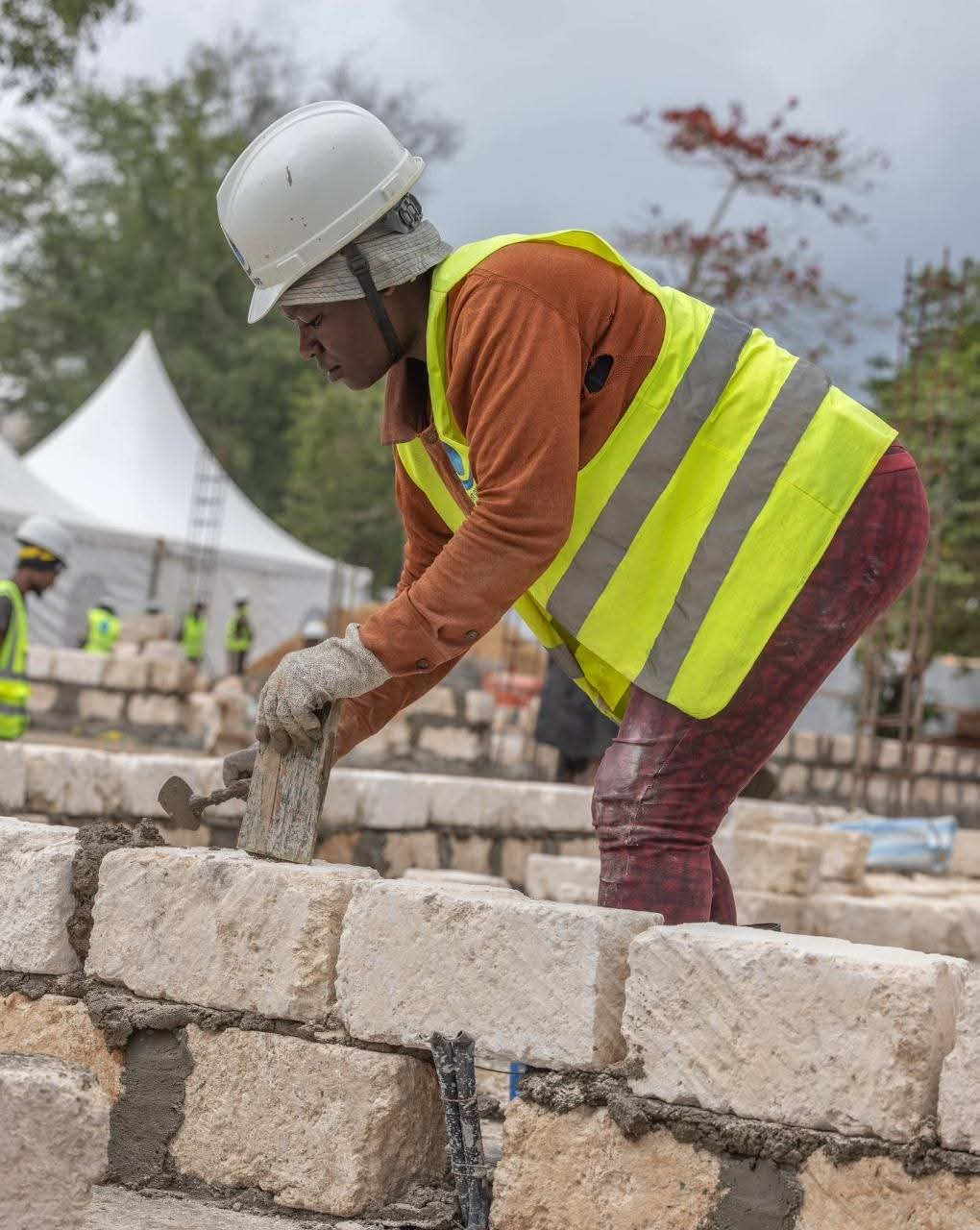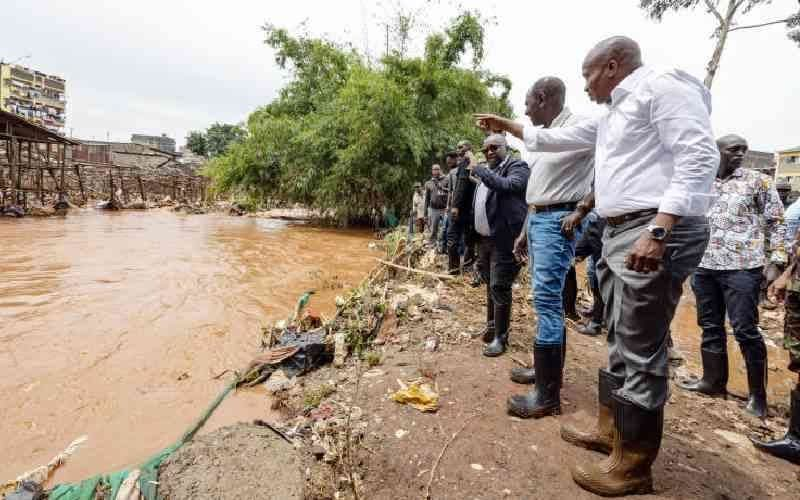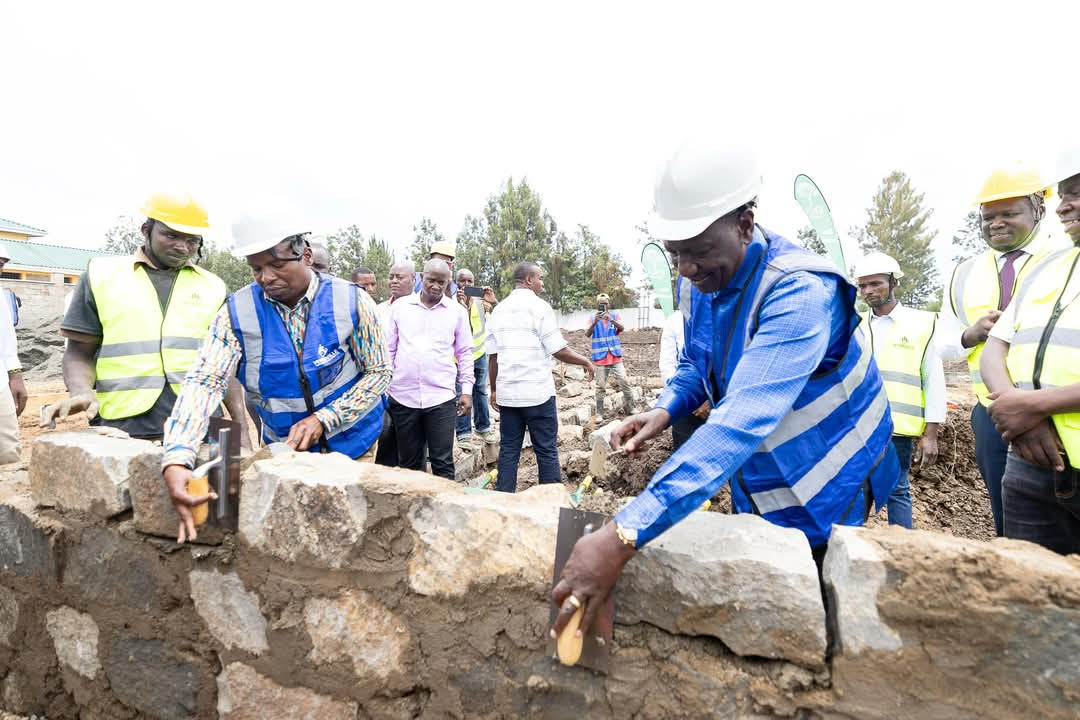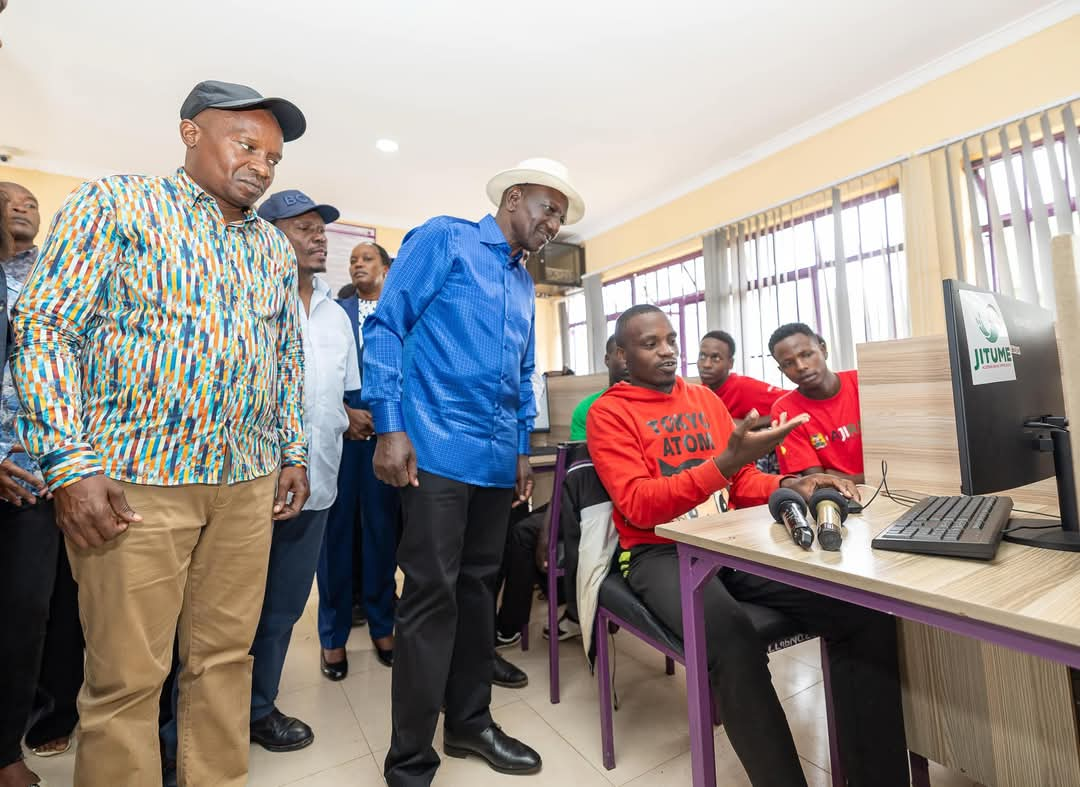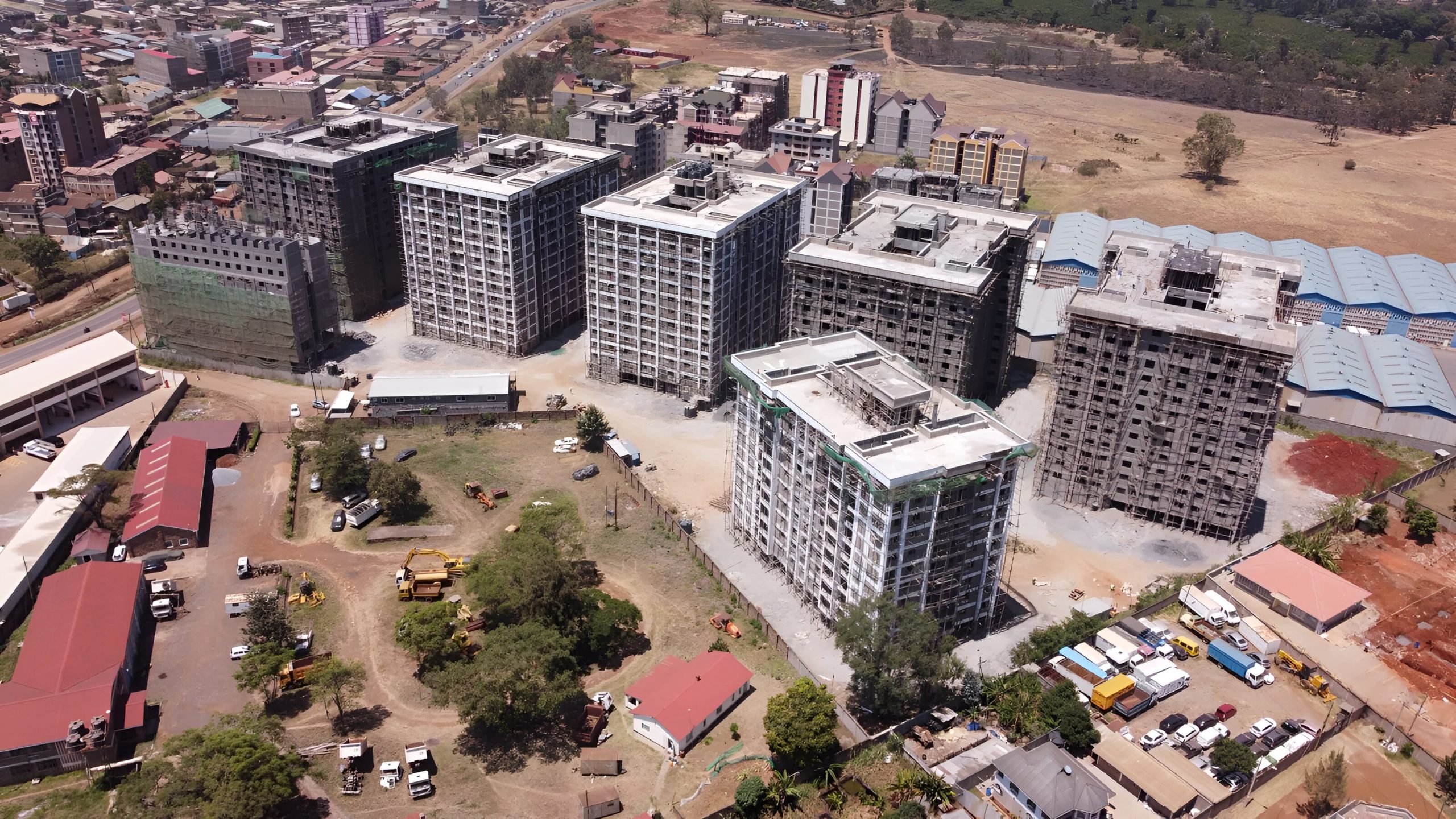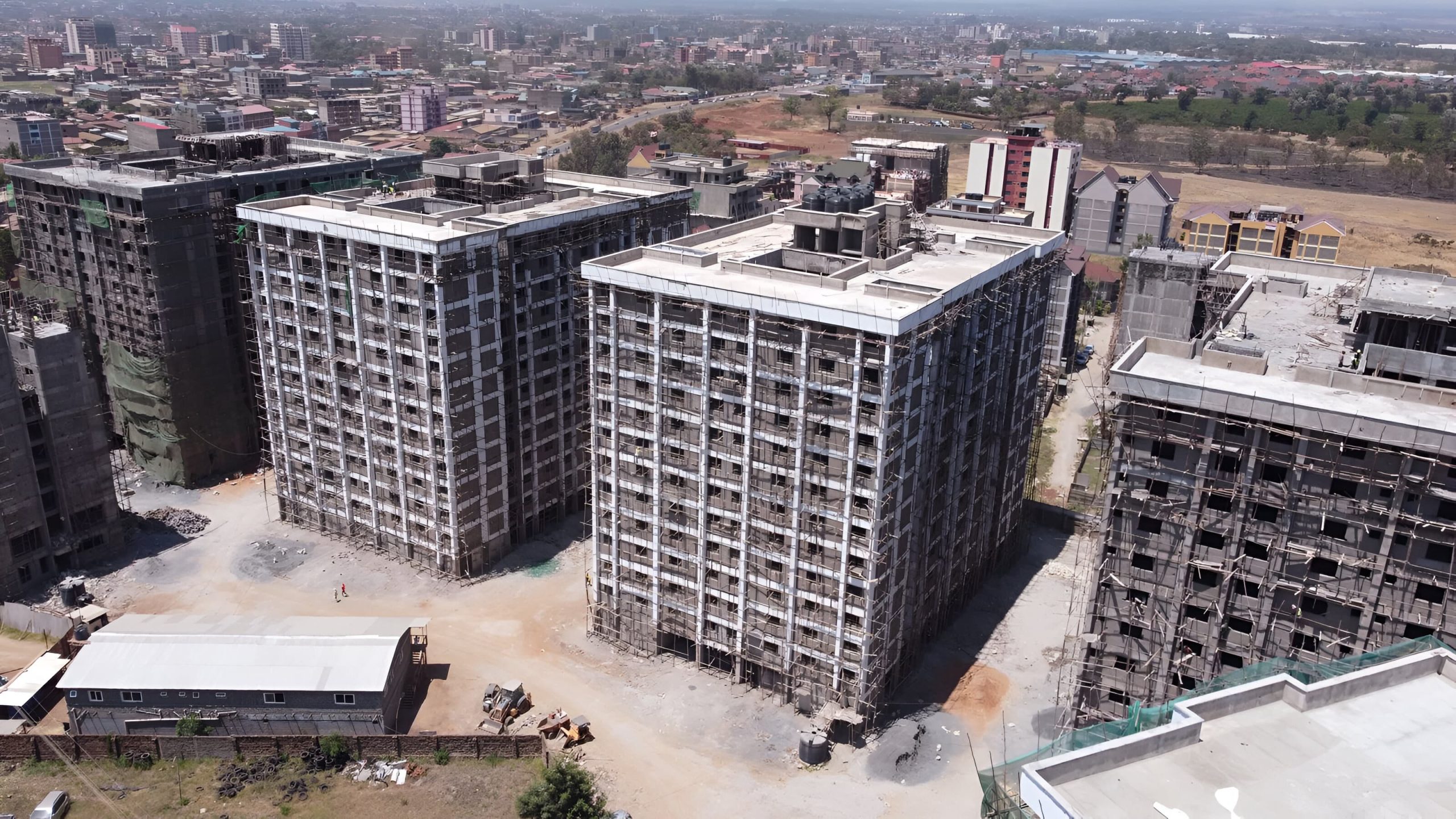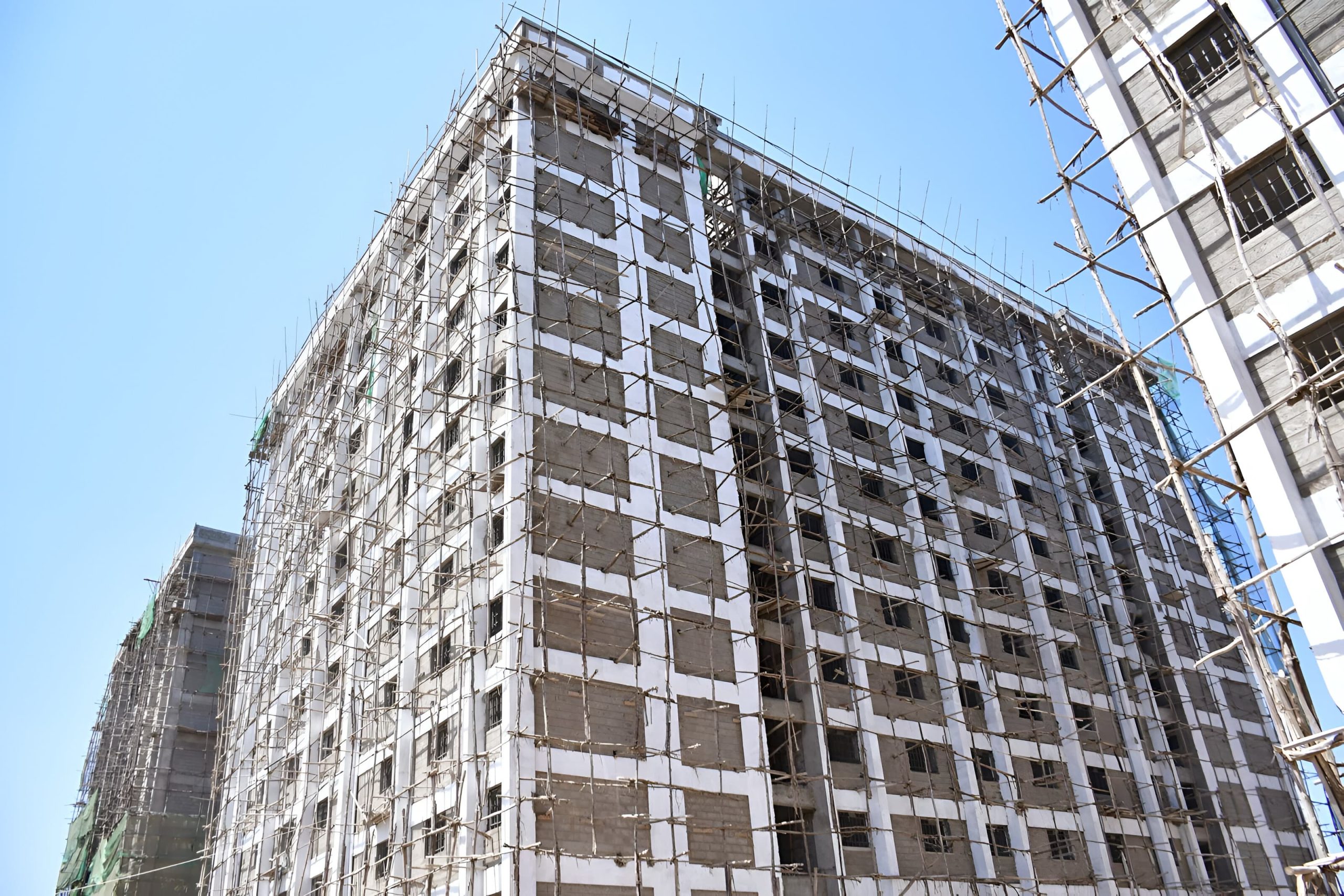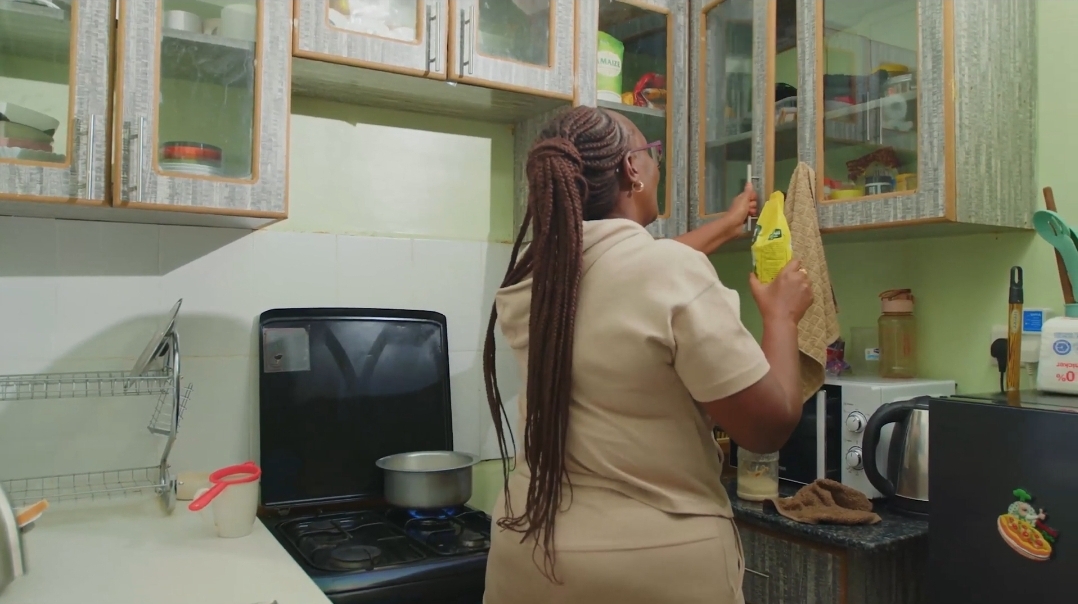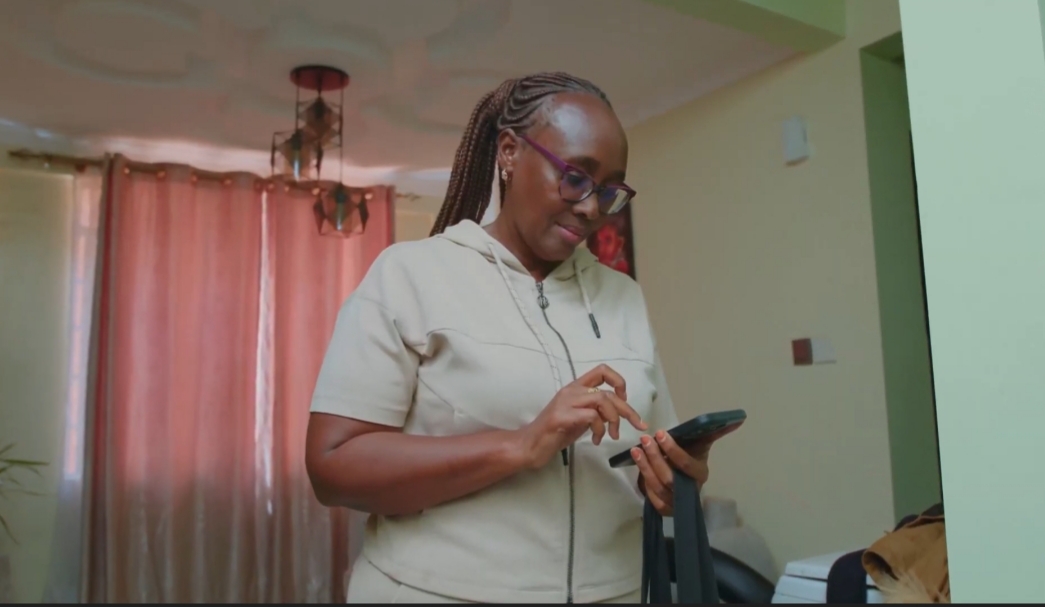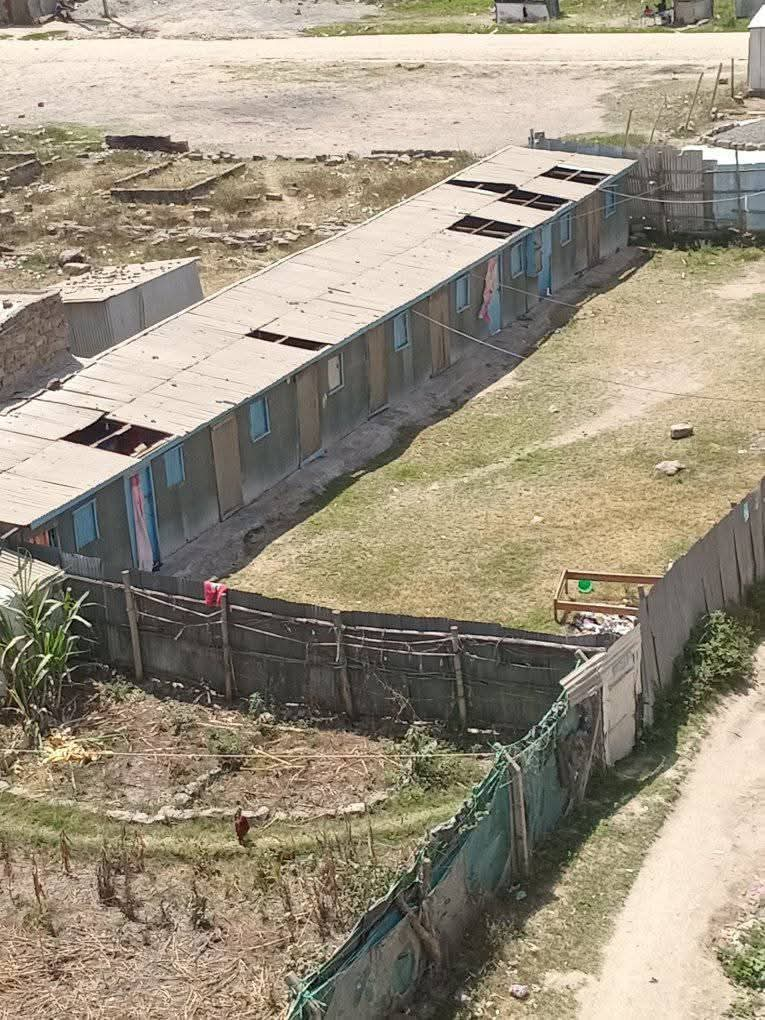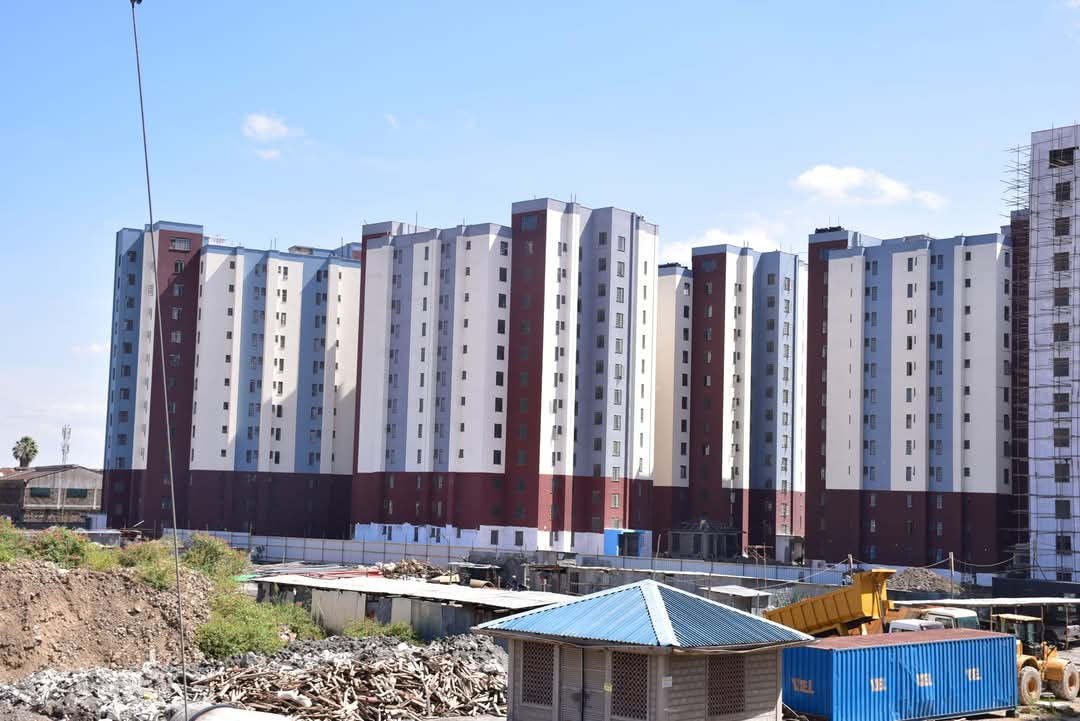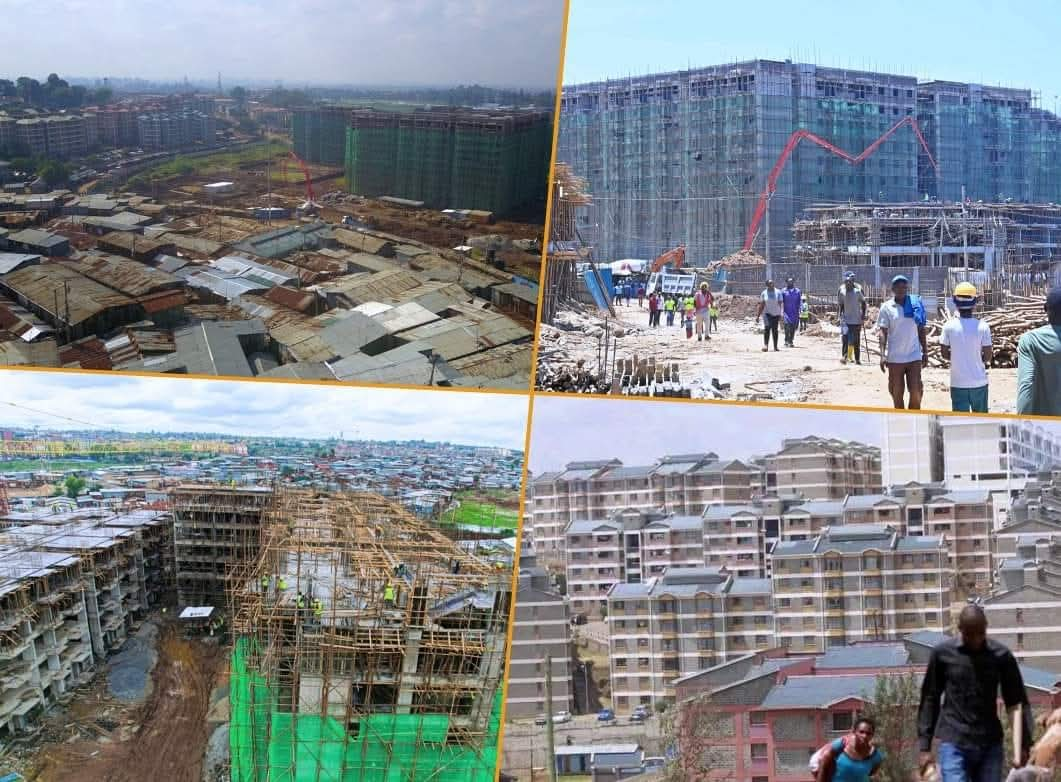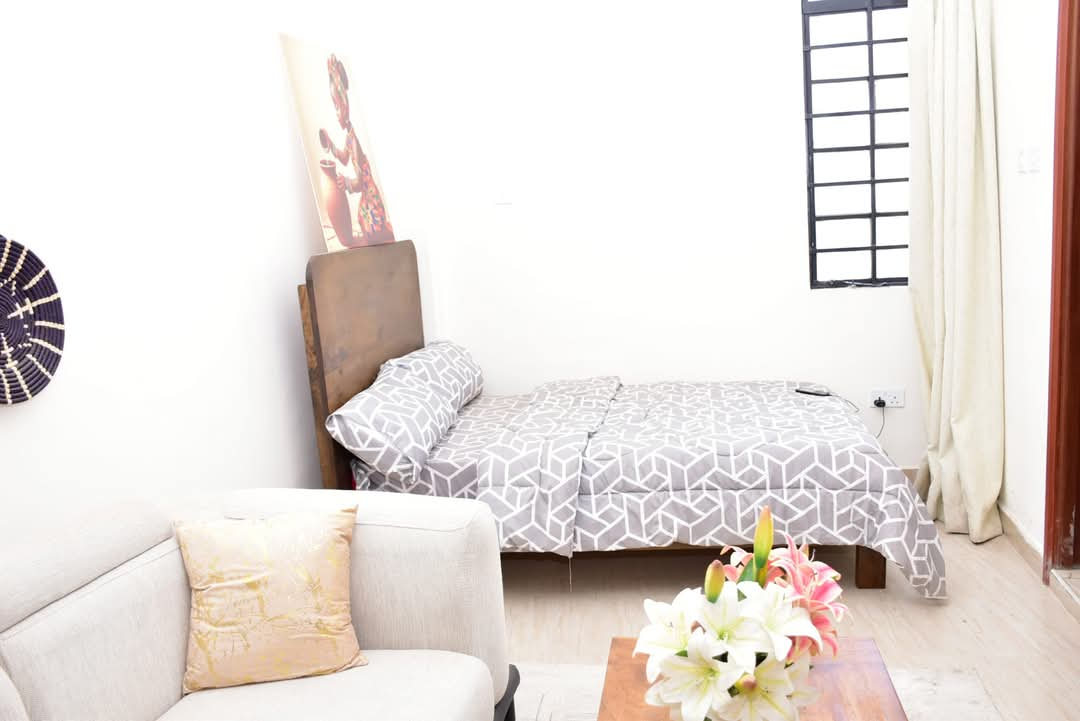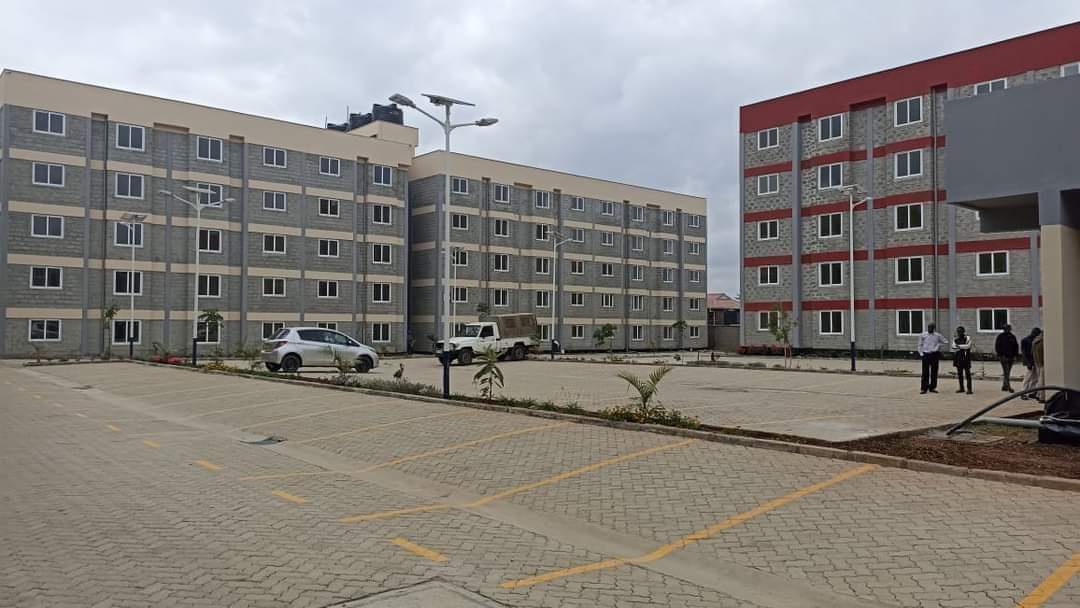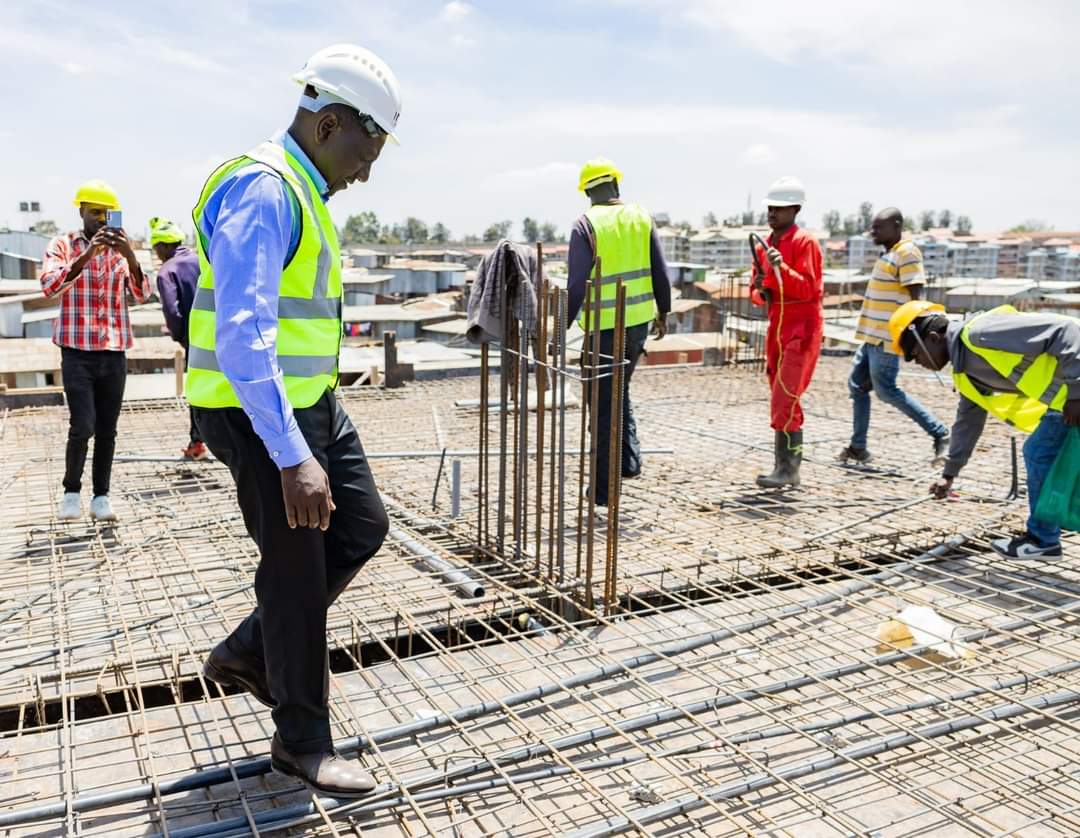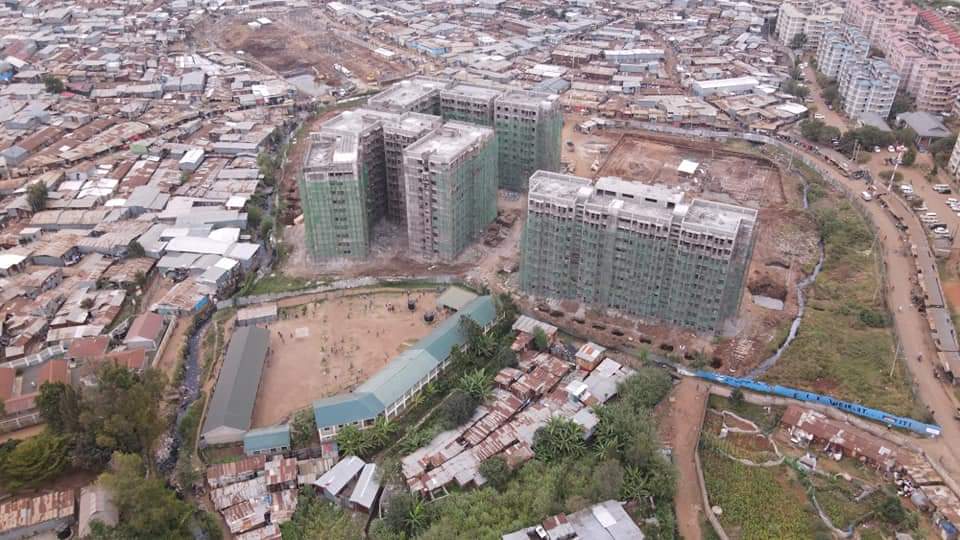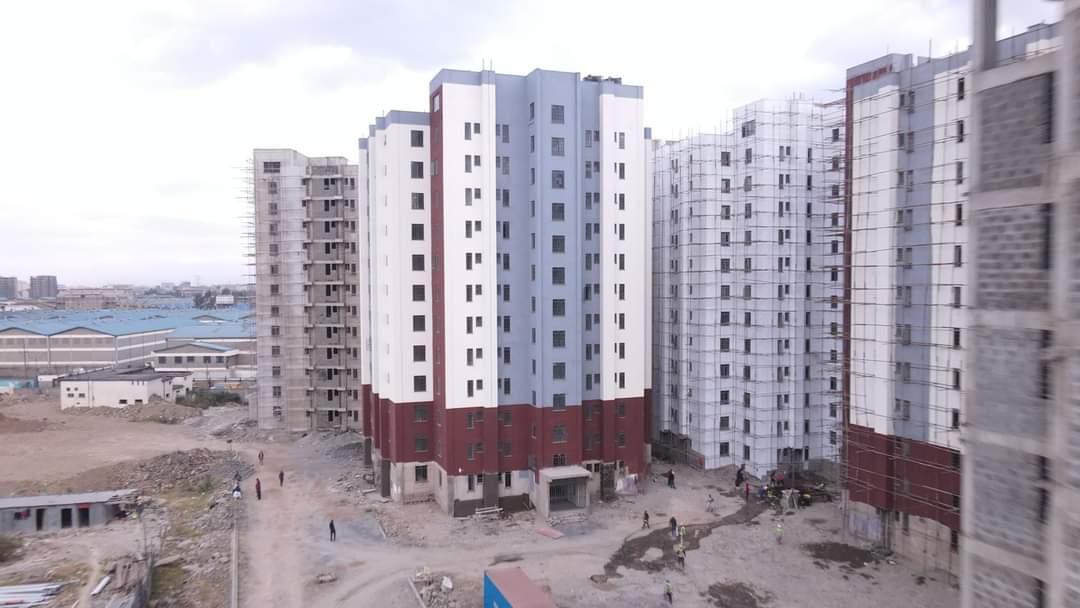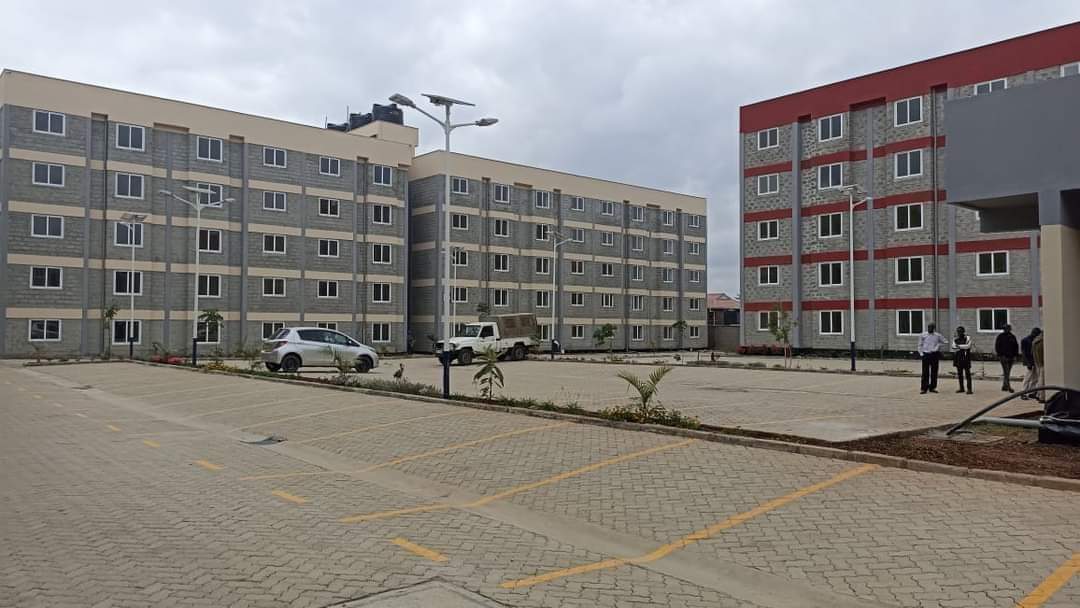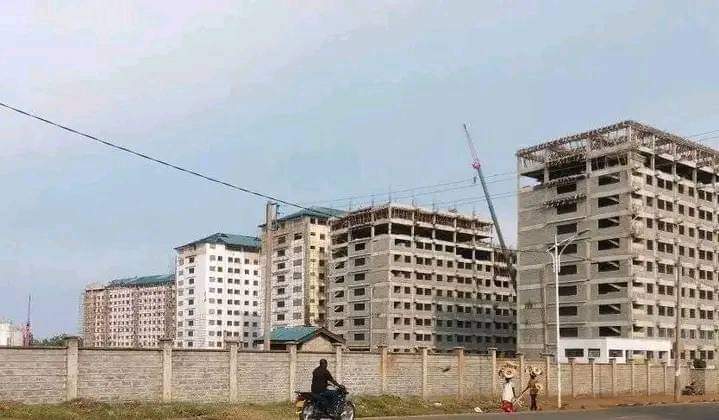The Matuga Affordable Housing Project (AHP) in Kwale County stands as a beacon of Kenya’s commitment to providing affordable housing and fostering socio-economic development.
This initiative aligns with the government’s Bottom-Up Economic Transformation Agenda (BETA), aiming to deliver both economic opportunities and affordable homes.
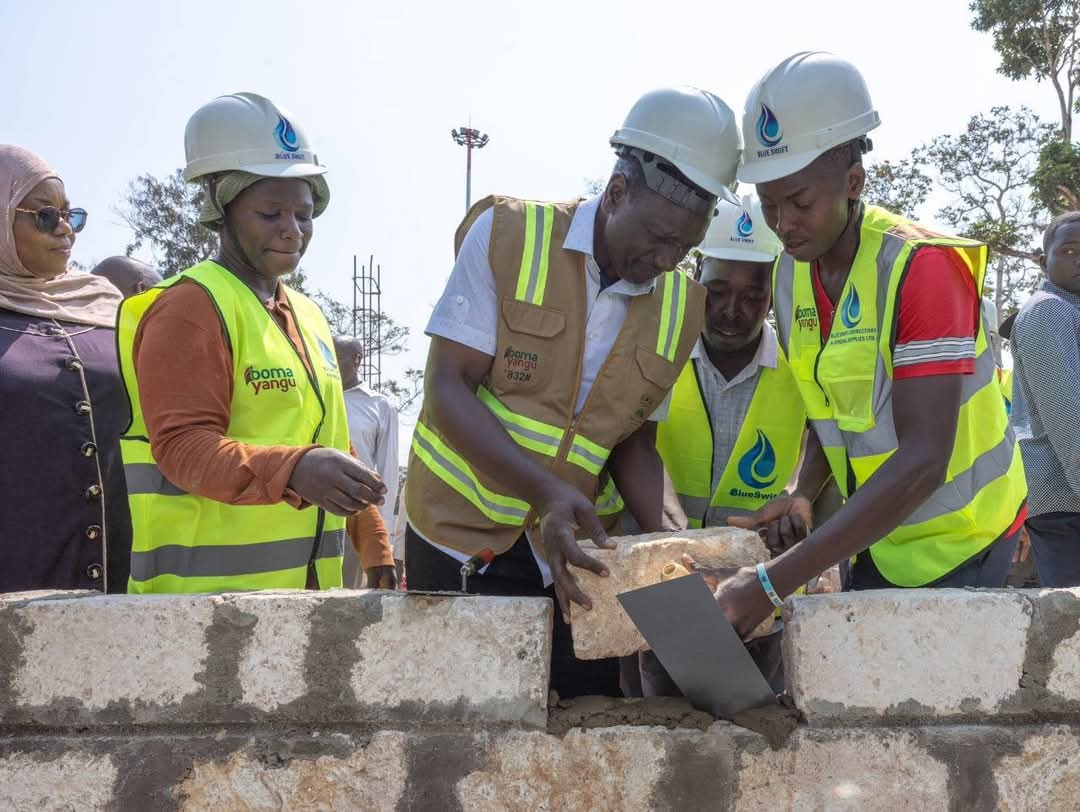
Project Overview
Located in Kwale Town, Matuga Constituency, the Matuga AHP is designed to deliver 195 affordable housing units, complemented by eight commercial units, a kindergarten, a basketball pitch, and a playground.
The development offers one, two, and three-bedroom units, thoughtfully designed to reflect local architectural and cultural preferences, ensuring residents feel a deep connection to their community.
Economic and Social Impact
Beyond providing housing, the Matuga AHP is a transformative initiative at the heart of BETA, delivering both economic opportunities and affordable homes.
By actively engaging local youth and women, the project is creating employment opportunities, fostering skills development, and stimulating the local economy.
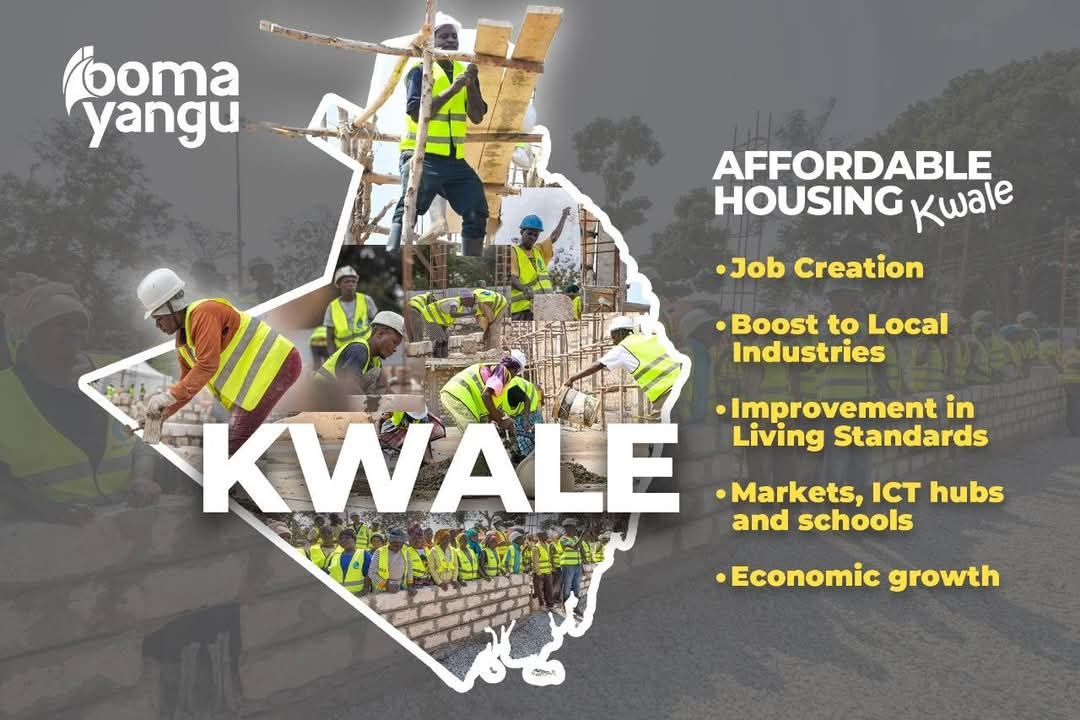
Alignment with National Housing Goals
The Matuga AHP is part of Kenya’s broader Affordable Housing Program, which seeks to address the housing deficit by constructing quality and affordable homes nationwide.
This initiative is crucial in spurring private developers to build more affordable housing and serves as a link between the demand for such homes among low- and middle-income individuals.
Community-Centric Amenities
The inclusion of amenities such as a kindergarten, commercial units, and recreational facilities like a basketball pitch and playground underscores the project’s holistic approach to community building.
These facilities are designed to enhance the quality of life for residents, providing spaces for education, commerce, and leisure.
Progress and Future Outlook
As of March 2025, the Matuga AHP progressing towards its goal of delivering 195 housing units.
The project’s completion is highly anticipated, with expectations that it will set a precedent for future affordable housing developments in the region.
In conclusion, the Matuga Affordable Housing Project exemplifies a comprehensive approach to affordable housing, integrating economic empowerment, cultural considerations, and community development.
It serves as a model for future initiatives aiming to address housing shortages while fostering socio-economic growth in Kenya.
Register at Bomayangu.go.ke and register to start saving and qualify for a unit.
To get a visual overview of the Matuga Affordable Housing Project, you can watch the following video:

